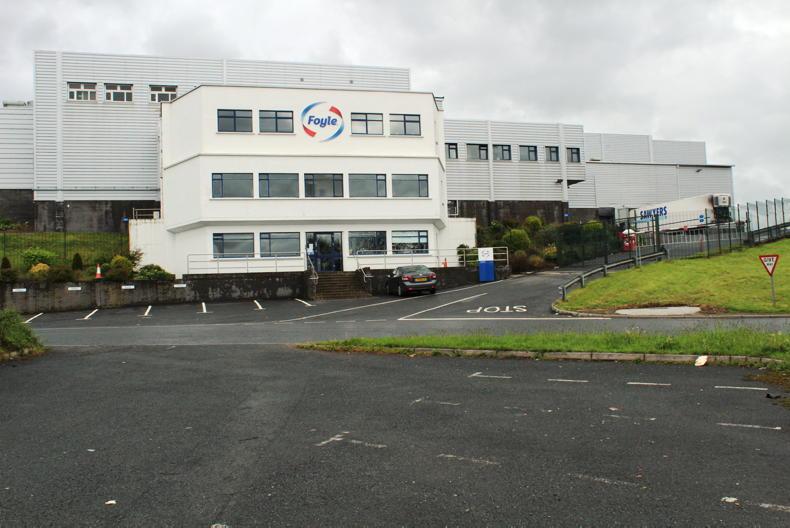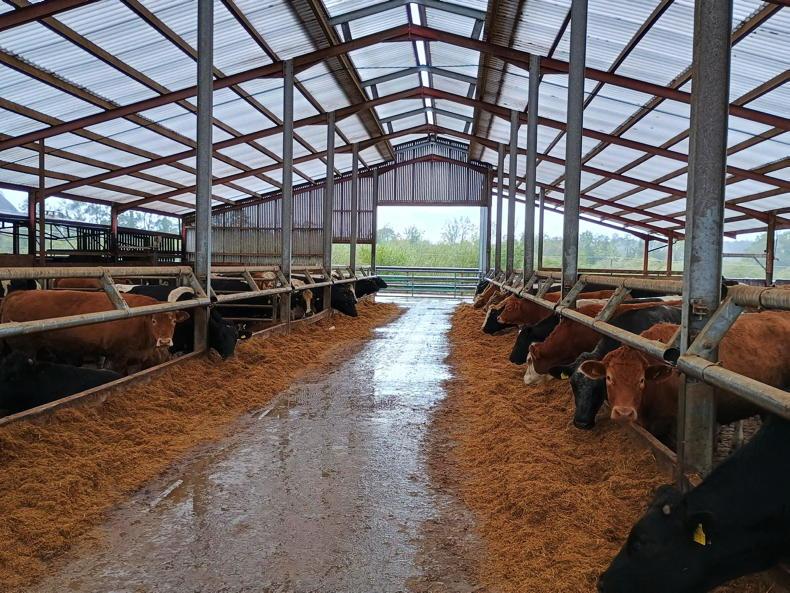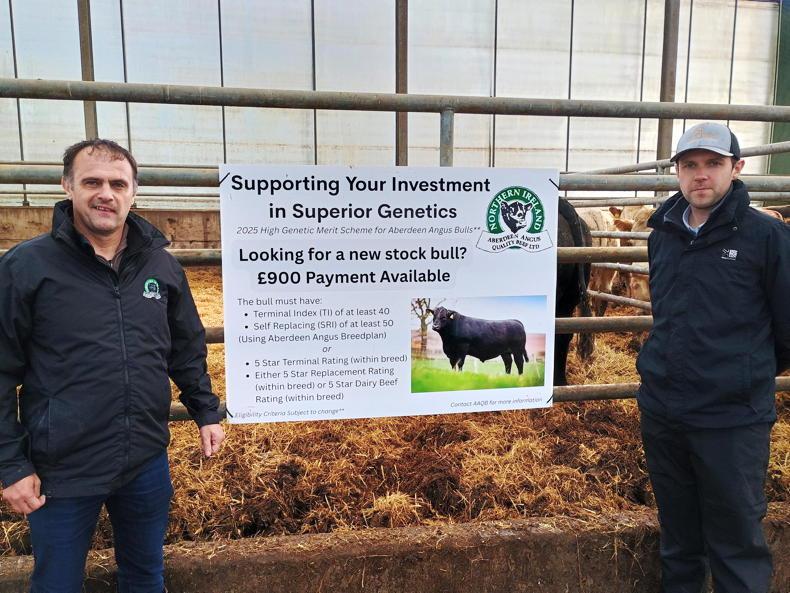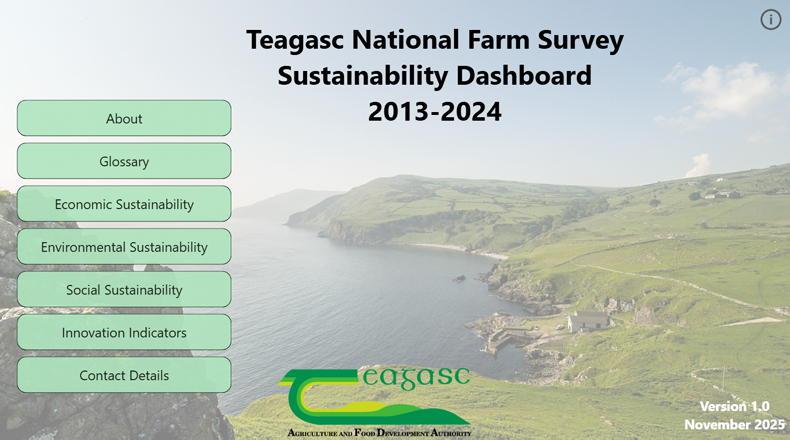Foyle Food Group Holdings, the holding company for the Foyle Food Group, Donegal Meat Processors and Oaksilver Ireland, has recorded increased profits for the 2021 financial year.
Turnover increased from £381.9m (€433.9m)in 2020 to £410.1m (€466m)in 2021, or by 7.4%, with operating profit increasing from £10.4m (€11.8m) to £14.6m (€16.6m), which is an operating margin of 3.6% on turnover.
Group profit for the year when tax, interest and similar expenses are deducted, increased from £7m (€8m) in 2020 to £10.7m (€12.2m) in 2021.
It should be noted that these are boosted by the sale of an asset valued at £1.75m (€2m) and £308,846 (€350,961) COVID-19 wage support payments from the UK and Irish Governments.
Another notable feature of the 2021 accounts is the 17% increase in transport and distribution costs, up from £11.4m (€13m) to £13.3m (€15.1m), while wages and salaries increased by 3% to £38.8m (€44.1m), with 1,337 people employed across the group.
About Foyle Food Group Holdings
Foyle Food Group Holdings is owned by the Acheson family who were co-founders of the business with the opening of a factory in Campsie, Co Derry, in 1977.
Omagh Meats was bought in 1997 followed by the factory at Carrigans, Co Donegal, previously owned by Larry Goodman’s ABP in 1998.
Acquisitions in England followed at Melton Mowbray in 2012 and Gloucester in 2013.
Along the way, the family has invested in rendering, anaerobic digestion at the Campsie location and a retail packing and burger producing unit at the Omagh factory in recent years.
While the Foyle Food Group previously processed sheep and pigs, it has been a dedicated beef-only processor for almost two decades.
It has a long-standing supply arrangement with Tesco through the Hilton Foods Group, which handles the retail packing and account management aspect of the business.
This retail base complements an equally long-standing supply arrangement with OSI Food Solutions, which manufactures burgers for McDonald’s.
In more recent years, it has focused aggressively on international markets, particularly in Asia and North America, where it has a dedicated sales office.
While these markets remain relatively small compared with the UK and EU, the group was extremely ambitious about China before exports of Irish beef were suspended in May 2020.
Last year was exceptional in terms of profits in the global beef processing industry and while Foyle is not at that scale, it is a significant player in the British and Irish industry behind ABP, Dawn/Dunbia and Kepak.
An operating margin of 3.6% is strong though it has to be recognised that this includes exceptional items, and an overall profit level of £10.7m (€12.2m)translates into approximately £30/head (€34/head) or 10p/kg when applied across 350,000 cattle.
Of course, this is earned in a processing system that takes a matter of days compared with the over two years required to rear a beef animal for the factory.
What these numbers do suggest is that while farmer margins range from wafer-thin to non-existent, the reality is that based on these accounts there is no major pot of money in the processing sector that could be reallocated to farmers whatever about elsewhere in the chain.
It may be argued that other larger meat processing groups could have higher profit levels but, unfortunately, none of these publish annual accounts since ABP completed the takeover of Linden Foods and Slaney.
Foyle should be commended for doing so. Its Donegal factory is also consistently among the top performers in the annual Irish Farmers Journal factory leagues.










SHARING OPTIONS